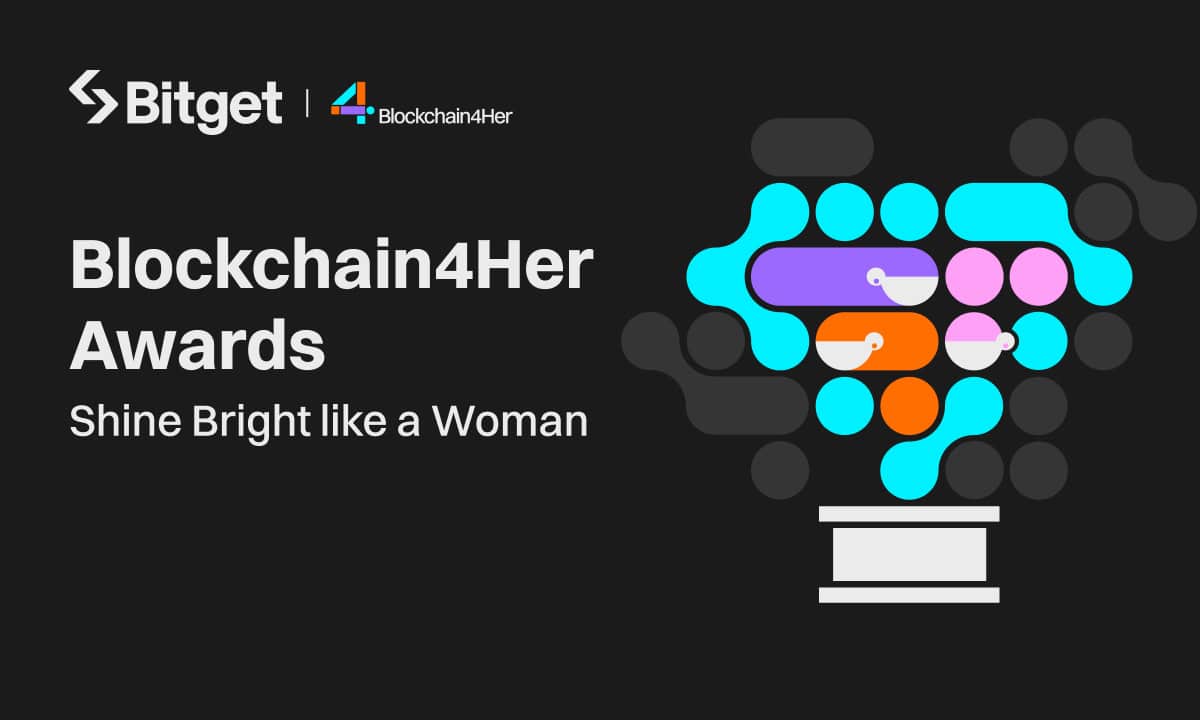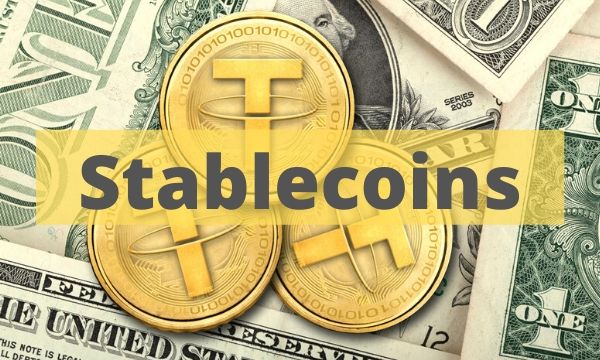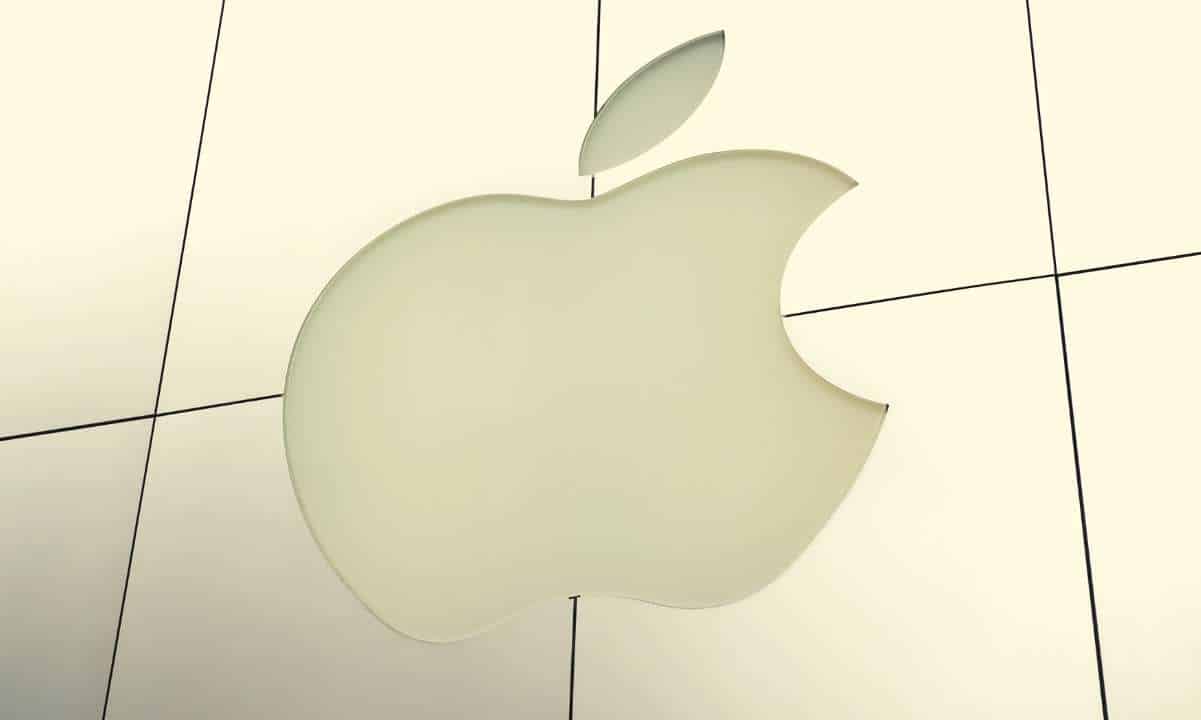David Marcus, a Facebook executive who was previously in charge of the messenger app and is now head of blockchain research, recently stepped away from his position as a board member for Coinbase after just 8 months.
Rumors have been circulating on the web about why such a sudden departure would occur, the most intriguing being that David may have left Coinbase to avoid conflict of interest.
Facebook’s ambitions to dominate crypto
For all the talk of institutional investors taking crypto to the mainstream, there has been less focus on the impact that dominant Internet companies like Facebook would have for the adoption of crypto. Facebook boasts about 1.32 billion daily active users, making it one of the most widely used websites in the world. Not only that, but its status as a social network makes it the ideal platform for people to make peer to peer payments, loans and even investments with the same ease in which they can exchange messages. Like most major tech companies, Facebook has been very secretive about its plans with blockchain technology. So far all we know is that Facebook launched an internal team in May to focus on the technology. The team consisted of David, as well as a few key Instagram executives, including the VP of Engineering, James Everingham and the VP of product, Kevin Weil.
The team’s makeup seems to indicate that there is an interest in possibly combining messaging, social networking and cryptocurrency payments features into one product. David has experience in payments as the former president of PayPal, which makes him to ideal person to explore how cryptocurrency payments could be implemented on Facebook’s main platform or standalone messenger app.
Facebook-Coin?
The big question everyone is wondering is whether Facebook would consider launching their very own cryptocurrency. It seems like the logical thing to do for any company that wants to build a payments solution on the blockchain. However, it may simply be the case that Facebook just wants to facilitate the transfer of other cryptocurrencies currently in the market. Although a Facebook coin could grant more control to the social network as it rolls out a payments platform, the company likely views the idea of launching a coin as an unnecessary risk. A Facebook coin would be subject to the extreme volatility and price manipulation that all other cryptocurrencies have experienced. It would also put Facebook in the difficult position of having to sell their cryptocurrency to a community that is anti-centralization and has been very outspoken about Facebook’s privacy and data controversies.
The more likely strategy would be for Facebook to integrate coins like Bitcoin, Ethereum, Litecoin or Stellar into their messenger app, earning revenue through transaction fees and facilitating the safe storage of Facebook users cryptocurrencies via a Facebook owned digital wallet.
Conclusion
Facebook developing a blockchain solution would undoubtedly bring legitimacy to the crypto space. Millions of people around the world who have heard of Bitcoin but never used it would be exposed to the technology via their Facebook accounts. The resulting adoption could even potentially lead to a bull run due to increased demand from current and new cryptocurrency holders. It remains to be seen how David’s departure from Coinbase will affect either companies plans moving forward. Yet we can be sure that whatever Facebook has in store with blockchain technology, it will lead to a very positive outcome for the crypto space.
The post Is A Facebook Crypto Bank In The Works? appeared first on CryptoPotato.









